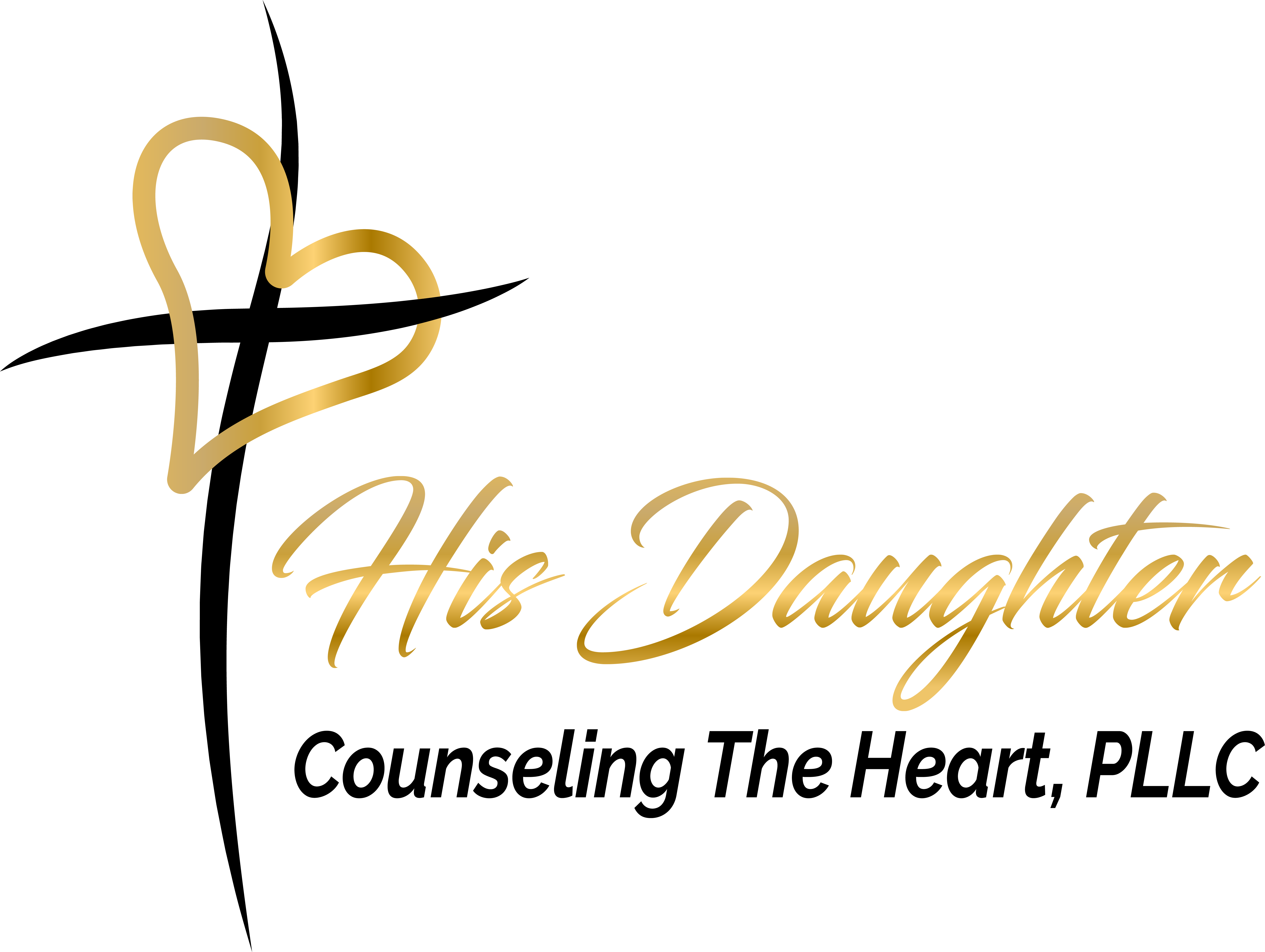Meet, Jamie Holton, Owner of Mills Mercantile. Mills Mercantile is an awesome women’s boutique with two locations, Caddo Mills and Rockwall, TX. Thank you, Jamie, for sharing your insight on the state of women’s mental health. We appreciate your time and authenticity.
How important is the mental health of women?
Mental health is important for all people of all ages, but I think for women there is an important distinction. Women and particularly wives and mothers have demands placed on them both outright and more subtly that can weigh heavily and may not even be tasks that those they live with realize are being done or that they are causing the mom (especially) to need to do. For example, I know that I have to go in my son’s bathroom to check it behind him and if we have company over and I have forgotten to check it, I may be anxious about what that company may have walked into. Surely it can’t be just me, right?? There are so many tasks that moms do that no one thinks of. We know when the milk is low, we have to get more. We know that our son needs his soccer outfit ready to go every Saturday morning. We know that the dogs need their heartworm pill every month. We keep up with 1,000 things our families don’t realize we do.
When women don’t make their mental health a priority, what are the consequences?
We can’t be on all the time, and I think when we try to do that, eventually there comes a time when the mind and the body will force you to stop. It may show up as sickness, it may show up as apathy. That sink full of dishes that used to drive you crazy may start to pile up higher and higher and you begin to wonder why you don’t even care about it anymore. There is a balance that needs to be found between trying to keep things perfect at all times and letting the house and chores just fall away.
Should women in leadership (home or work) be held to a different standard as it pertains to their mental health?
I think those in leadership have to work a bit harder to learn to balance tasks, especially if they are away from the home many hours per week.
In your opinion, how is the state of women’s mental health viewed as a whole?
I think things are better now than they probably have ever been, but there is still room for improvement, particularly in how we treat ourselves and punish ourselves.
How do you personally take care of your mental health?
I have God to lean on, and that is my major refuge. I also take immense comfort from my animals. I have learned when it is time for me take time for myself and luckily my children are now at an age where I can do that fairly uninhibited. With younger kids it is much more difficult to do that, and a good support system is important.
What are your resources and tools?
The Bible. You know what I find interesting? In the Bible, God in the New Testament gave the bulk of the work of the church to men. The preaching, the eldership, the deacons. All men. Yes, women should teach but there are no leadership positions for women given in the New Testament. For years this bothered me, and then one day a light bulb went off. God knew we would be busy with our husbands, kids, aging parents, taking care of sick folks, etc. He wants us to focus on nourishing others’ earthly needs and He left the leadership of the church to the men – because men have the time to do it, not because they are better or smarter or more well-equipped. It is because they have the time that we as women do not have because we are taking care of earthly, immediate needs.
Who do you use as a support system?
My church, my employees who can take on extra tasks for me at work, my husband, my family, my friends.
Should every woman have a counselor?
For years I would say absolutely not and that I didn’t need one. I have trauma. Childhood trauma, trauma of being the child of a murder victim, trauma with one of my own children, a prior divorce, strained relationship with a surviving parent, lots of grief and loss of other family members, etc. I never realized I needed help with carrying any of this until I was interviewed to be a child advocate and after telling her about all my “stuff” she said I had significant trauma in my life. I was gob smacked. I had never thought of it that way before. I just thought of it as my life story, the things that had happened to and around me. I don’t know why I handled it the way I did, and others handle things a different way. Perhaps I was too busy being busy to ever consider I had some pretty big trauma even. Talking to a counselor after my son’s situation came to light really showed me the value of getting those feelings into the open.
Who is your mental health hero?
I would say Paul from the Bible. He had physical issues and so many other problems, including being imprisoned for his beliefs, yet he continued fighting for Jesus and for what he believed.
Whose mental health blueprint do you observe and think “I want to take care of my mental and emotional well-being like…”?
I like the way I do it, so I just want to keep on doing that!










